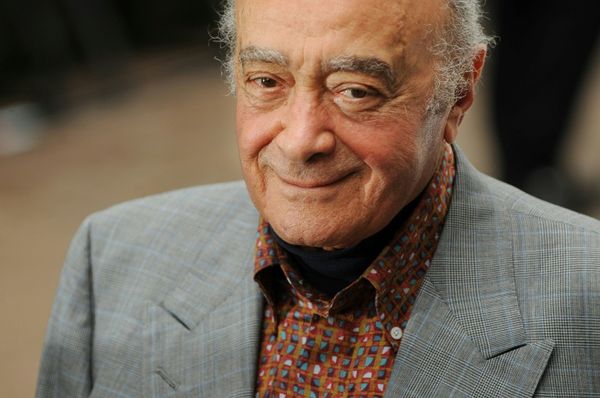
Falling prices continue to hamper the burgeoning cannabis industry.
Lower barriers to entry have led to more growers, and more growers have led to an overabundance of supply.
In 2021 our neighbors to the north burned more than 425 million grams (937,000 pounds) of pot, 26% of the unpackaged dried flower the country produced.
Over and above the unpackaged dried plant, more than 140 million grams of unpackaged extracts, edibles, and topicals were also destroyed.
The estimated cost of the product that was destroyed is in the billions.
"The 425 million grams destroyed is likely only a fraction of the cannabis that was grown but has no market. Tons of product remains in inventory in various formats,” Stewart Maxwell, a crop consultant and founder of Elevated Botanist, told High Times.
“I have seen fresh frozen product offered on the market that is several years old.”
Oversupply has hurt the industry as the buildup during the height of the pandemic never matched demand.
Canada produced 1.6 billion grams of cannabis in 2021 as cultivators, processors and sellers piled into the industry.
In May, Canadian cannabis company Aurora Cannabis (ACB) said it would close its Aurora Sky facility as it looked to right-size its operations.
"Simply put, our business is bigger than what we need, and we must position ourselves to better secure our path to profitability and ultimately be successful in this industry in the long term,” Chief Executive Miguel Martin said in a video message to employees.
In addition, the inventory issues are resulting in a potential environmental crisis in Canada.
“This overproduction is an environmental catastrophe and the energy required to cultivate this glut is incalculable,” Stewart Maxwell, a crop consultant with Elevated Botanist, told HT.
“When facilities costing tens of millions of dollars are built, then closed without ever producing product of any quality, the destruction of capital and energy resources is astounding.”
Kansas Is Tough on Cannabis
As much of the U.S. moves toward more liberal views on cannabis, Kansas retains some of the country's toughest cannabis laws.
Police in Hays, three hours west of Topeka, reportedly raided the hospital room of Greg Bertz, 69, a terminally ill cancer patient, to arrest him for possessing cannabis products, the Kansas City Star reported.
The cops seized Bertz's vaping device and some edible paste containing THC. He was cited for drug possession, and a Jan. 2 court date was set.
Bertz is reportedly bedridden and is in the final stages of his battle with inoperable cancer. Bertz told the Star that he is "flat on his back" and can't stand up unassisted. He says he uses the cannabis to relieve his symptoms.
He received permission from his doctor to use the drugs in his room since medical science can't do much for him anymore. But a hospital staffer saw him vaping and reported him to police.
Three officers raided the room and confiscated his drugs.
Kansas is one of three states, along with Nebraska and Idaho, where medical marijuana is illegal.
Twenty-one states and the District of Columbia have approved weed for recreational and medical use.
Third Time Might Be the Charm in South Dakota
Voters in South Dakota will have another opportunity to legalize marijuana in the state, after activists initiated a ballot measure for the third time in three election cycles, Marijuana Moment reported.
Last month, voters in the state rejected a ballot measure. Voters in the state passed an earlier reform measure in 2020, but that measure was overturned by the state's Supreme court.
The initiative would allow adults 21 and older to purchase and possess as much as an ounce of cannabis. It would also allow people to grow up to six plants per person for personal use.
"Local governments shall have the ability to regulate or prohibit businesses that utilize a provisional adult-use license provided that the annual local licensing fee does not exceed $5,000 per year,” the ballot measure says.
“Sales made by a business that utilizes a provisional adult-use license shall be subject to state and local sales taxes.”







